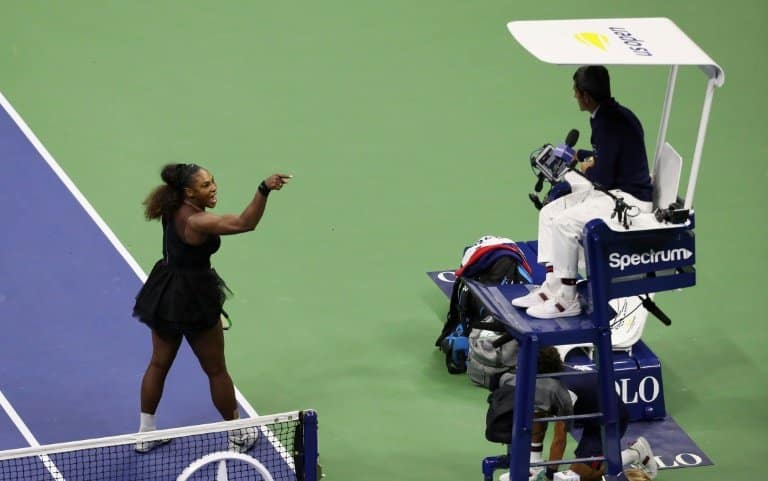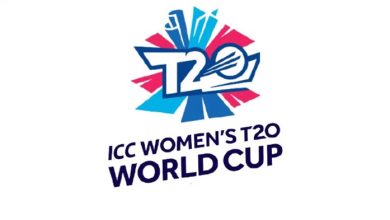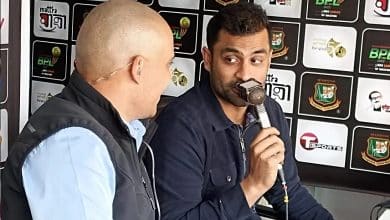Players divided over US Open coaching green light

A long-overdue rule change that brings tennis into line with other sports, or a violation of the game’s traditions?
The historic decision to allow coaching at the US Open for the first time has drawn a mixed response from players ahead of this year’s tournament.
Four years ago, Serena Williams erupted in fury during her US Open final defeat to Naomi Osaka after being penalised for receiving coaching from Patrick Mouratoglou.
Verbal and non-verbal coaching will be allowed provided it does not interrupt play or hinder the opponent, with verbal coaching only permitted when the player is at the same end of the court.
Greece’s world number five Stefanos Tsitsipas welcomed the move, arguing that it simply formalises an aspect of the game that has been going on for years.
“My coach has not been as discreet as other coaches, but it has been always happening,” Tsitsipas said.
“I’ve gotten a lot of coaching violations, which I found unfair. But now that it’s legalised, I’m more than happy I won’t have to deal with referees that are so strict and want to kind of ruin the game.
“Trust me, it’s happening with almost every single player. The fact that it’s legalised now is going to make tennis a bit more peaceful, make players concentrate more on the game, less on different kind of nonsense.”
– ‘I hate it’ –
Defending US Open champion Daniil Medvedev was sceptical how significant the rule change will be.
“I was never against coaching but I know I’m not really going to use it with my coach because we know how we work together,” Medvedev said.
“Maybe there’s going to be one match of 10 or 20 where he’s going to try to introduce something during the match. But most of the time we are not going to need it as a pair on the court.”
But American world number 12 Taylor Fritz is staunchly against the new coaching change, believing it undermines the individual problem-solving nature of the sport.
“I really hate it,” Fritz said. “It’s not something that should be a part of our sport.
“Tennis is an individual sport, so why should someone else be able to help you? I think people underestimate how mental and strategic the sport is, so they don’t understand how big of a difference it is.
“I think that figuring it out for yourself on the court is a massive part of our sport…You have to change things up for yourself, figure out yourself what’s going on, adjust to what the opponent’s doing.
“I just feel like we’re losing an important part of our sport.”
Fritz also challenged the view that off-court coaching was already widely in use.
“I’ve never received on-court coaching in my life,” he said.
“I think that’s the argument that the people that are in favor of it use. I never have.”
Women’s world number one Iga Swiatek was more circumspect.
“I understand that players say that it’s an individual sport, and we should all solve our problems on court just by ourselves,” Swiatek said.
“But on the other hand basically there’s coaching in most of sports.
“In football coaches can shout, even though there’s 11 grown men on the field and they should know what to do. They probably know the tactics, but he’s still talking. There are breaks in basketball.”





